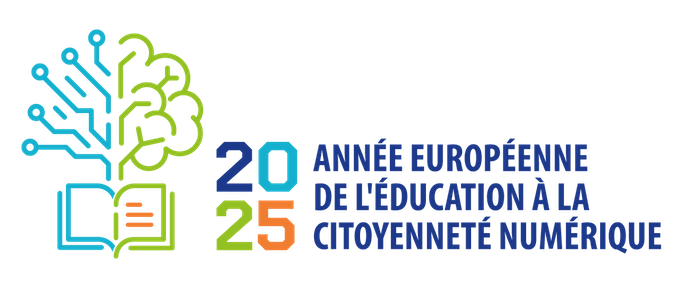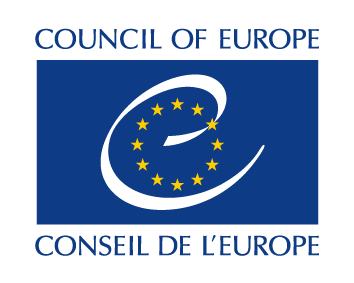1. Digital Strategy Schools to 2027. Videos to promote the strategy and infographics. Webwise.ie provides support and resources in the area of online safety and digital citizenship and is cofunded by the Department and by the European Union’s Connecting Europe Facility and scoilnet.ie.
2. Online Safety and Media Regulation Act 2022: No information found
Other awareness raising activities beyond these policies:
3. Extensive professional learning opportunities to assist schools in the safe use of the internet the Social Personal Health Education (SPHE) curriculum and the junior cycle Digital Media Literacy short course, the PDST and Webwise Programme and the Department funded national antibullying website.
4. Webwise, the Irish Internet Safety Awareness Centre, prints and disseminates the All Aboard for DigiTown resource. All Aboard for DigiTown is designed to help older children aged 9 -12 become smart digital citizens by exploring 10 themes in the DigiTown activity book. Topics include consumer awareness, rights, wellbeing, media and information literacy, ethics and empathy, privacy etc. Webwise website refers to the 10 themes/domains identified by the Council of Europe Digital Citizenship Education Expert Group and cites as a source the Council of Europe DCE Handbook.
5. Webinar on Media Literacy in Europe (2021): introduction to Media Literacy and Media Literacy practices and experiences in Ireland
6. National Media Awareness Campaign for parents/educators in September 2023 to highlight free educations resources for schools and families including DCE Resources and Training.
7. Digital citizenship online course organised by Oide, it is designed to teach children and young people how to participate safely, effectively, critically, and responsibly in the digital environment. The course emphasises the development of skills, attitudes, and knowledge required to navigate the online world safely and effectively.
Sources
- www.tacklebullying.ie
- https://www.webwise.ie/
- https://www.webwise.ie/teachers/10-themes-of-digital-citizenship/
- https://www.gcedclearinghouse.org/events/webinar-media-literacy-europe-ireland
- https://www.webwise.ie/trending/new-be-media-smart-national-campaign-encourages-people-to-stop-think-check/
- https://www.oidetechnologyineducation.ie/videos/?school-level=primary&video-category=teaching-learning&teaching-learning=digitalcitizenship&video-language=



